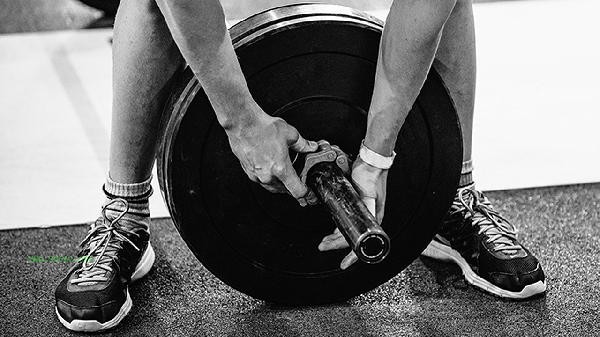After exercising, it is recommended to supplement high-quality protein to help with muscle repair. You can choose foods such as chicken breast, eggs, whey protein powder, fish, beans, etc.

1. Chicken breast
Chicken breast is a typical representative of low fat and high protein, with approximately 31 grams of protein per 100 grams and less than 4 grams of fat content. Its protein amino acid composition is close to the human body's needs and has a high absorption and utilization rate. Boiling or grilling can maximize the retention of nutrients and avoid frying to increase additional calories. Pairing with vegetables such as broccoli can increase dietary fiber intake.
2. Eggs
Whole eggs contain 6-7 grams of high-quality protein, and the lecithin in the yolk helps with nutrient absorption. It is recommended to use boiling or low oil frying methods, and fitness enthusiasts can consume 2-3 servings per day. Individuals who are sensitive to cholesterol can limit their egg yolk intake to no more than 1 per day, and increase the protein content appropriately.
III. Whey Protein Powder
Whey protein powder is a quick acting protein extracted from milk, which can be absorbed by the human body within 30 minutes. 30 minutes after training is the replenishment window period, which can be brewed with 20-30 grams of warm water or skim milk. Pay attention to choosing products without added sugar, and those with abnormal kidney function should follow medical advice to control the dosage.

4. Fish
Deep sea fish such as salmon and cod are rich in omega-3 fatty acids and complete protein, providing 20-25 grams of protein per 100 grams. Steaming or baking with tin foil can preserve nutrients, and it is recommended to consume 3-4 times a week. Large fish such as tuna with high mercury content should be consumed no more than twice a month.
V. Beans
Plant proteins such as soybeans and black beans contain essential amino acids for human body, and bean products such as tofu and soybean milk are easier to digest. Every 100 grams of dried soybeans contains 35 grams of protein, and consuming them with grains can improve protein utilization. Individuals with weak gastrointestinal function should control their single intake to avoid bloating. After exercising, it is important to pay attention to the timeliness and pairing principles of protein supplementation. Supplementing with 20-40 grams of protein within 30-60 minutes after exercise is most effective, and pairing with an appropriate amount of carbohydrates can promote protein absorption. Alternating consumption of different protein sources can ensure comprehensive intake of amino acids, and dairy allergy sufferers can choose plant protein as a substitute. Long term excessive intake of a single protein may increase the burden on the liver and kidneys. It is recommended to adjust the intake through dietary records. When experiencing persistent symptoms of indigestion or allergies, it is advisable to consult a nutritionist in a timely manner.








Comments (0)
Leave a Comment
No comments yet
Be the first to share your thoughts!